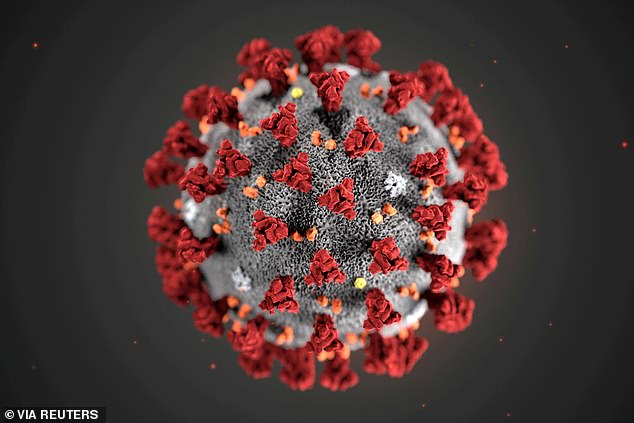The WHO said Tuesday that one strain of a COVID-19 variant first detected in India was now considered “of concern” and had been dubbed “Delta”, while two other strains had been downgraded.
The B.1.617 variant of the virus, which has in part been blamed for India’s explosive outbreak, has been called a triple mutant variant since it is split into three lineages.
The UN health agency last month declared the entire strain a “variant of concern”, or VOC, but on Tuesday, it said only one of the sub-lineages deserved that label.
“It has become evident that greater public health risks are currently associated with B.1.617.2, while lower rates of transmission of other lineages have been observed,” the World Health Organization said in its weekly epidemiological update on the pandemic.
The B.1.617.2 variant remains a VOC, along with three other variants of the virus that are seen as more dangerous than the original version because they are more transmissible, deadly or have the potential to get past some vaccine protections.
In line with a decision announced Monday to refer to variants of concern and interest using Greek letters—aimed to avoid the possible stigmatisation associated with referring to them with the name of the countries where they were first detected—the B.1.617.2 variant has now been dubbed Delta.
“We continue to observe significantly increased transmissibility and a growing number of countries reporting outbreaks associated with this variant,” the UN agency said.
“Further studies into the impact of this variant remain a high priority for WHO.”
In fact, a new variant announced by Vietnam’s health authorities on Saturday appears to be a variation of Delta.
“What we understand is that it is this B.1.617.2 variant with one additional deletion in the location of the spike protein,” WHO’s technical lead on COVID-19 Maria Van Kerkhove told reporters Tuesday.
“We know that the B.1.617.2, the Delta variant, does have increased transmissibility, which means it can spread easier between people,” she added.
The B.1.617.1 sub-lineage has meanwhile been downgraded to a “variant of interest,” and named Kappa.
And the B.1.617.3 is now not even considered a variant of interest, WHO said, since “relatively few reports of this variant have been submitted to date.”
It has not been attributed a Greek letter.


